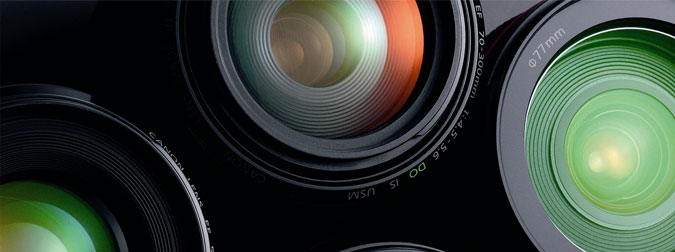
Aperture is a good term to become familiar with. It refers to the amount of light that gets into the camera.
Aperture is measured in F-stops. You’ll see it written as f/number (i.e. f/2.8). Here’s where things get a little muddled. The larger the F-stop number, the smaller the aperture. The smaller the F-stop number, the larger the aperture.
A larger aperture means a lot of light will be let in. A smaller aperture means less light is let in.
Larger aperture (smaller f-stop) will decrease depth of field. Smaller aperture (larger f-stop) will increase depth of field.
You may be wondering, what is depth of field?
Depth of field is defined as the amount of your shot that is in focus.
Large depth of field = a photograph that is mostly in focus. Shallow depth of field = more of the background is blurry or appears to have melted.
As mentioned above, larger aperture will decrease depth of field, giving you a blurrier background. Smaller aperture will increase your depth of field, giving you an overall sharper shot from foreground to background.
ISO measures the sensitivity of the image sensor. Most photographers keep ISO in auto mode, but you do have the option to play around manually.
You use a higher ISO setting in darker surroundings and when you need faster shutter speeds.
Which leads to the next question, when do you need faster shutter speed?
Shutter speed is measured in seconds.
Why pay attention to your shutter speed?
If your subject is whizzing by you and you want to freeze it in time, you would use a faster shutter speed. If you want to capture some of the blur, slow shutter speed down.
Shutter speed is also used to shake the shakes. Larger focal lengths can pick up movement and ruin your photograph. To keep your shot stable and level, use a faster shutter speed.
Now, larger focal lengths - What does that mean?
The focal length refers to how much of your scene the lens will take in.
A lens with a larger focal length will make your subject seem closer and take up most of the shot. A shorter focal length will give you more of a background.